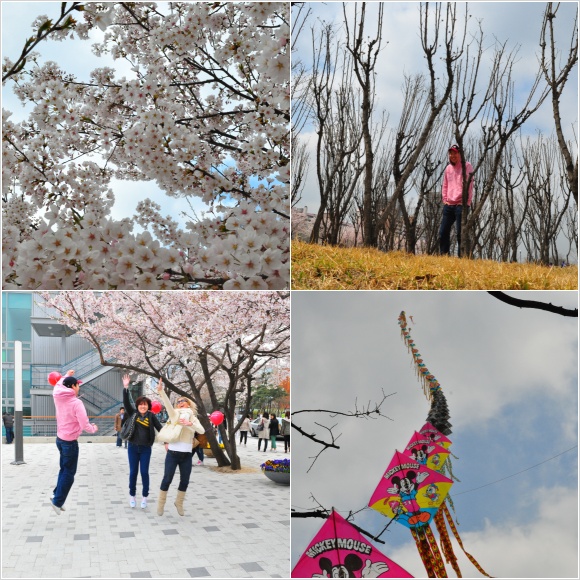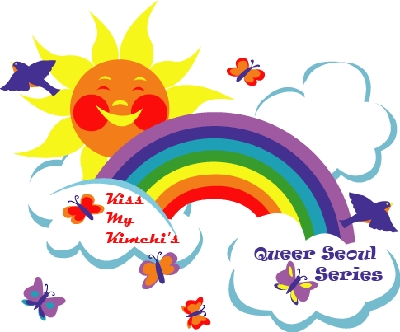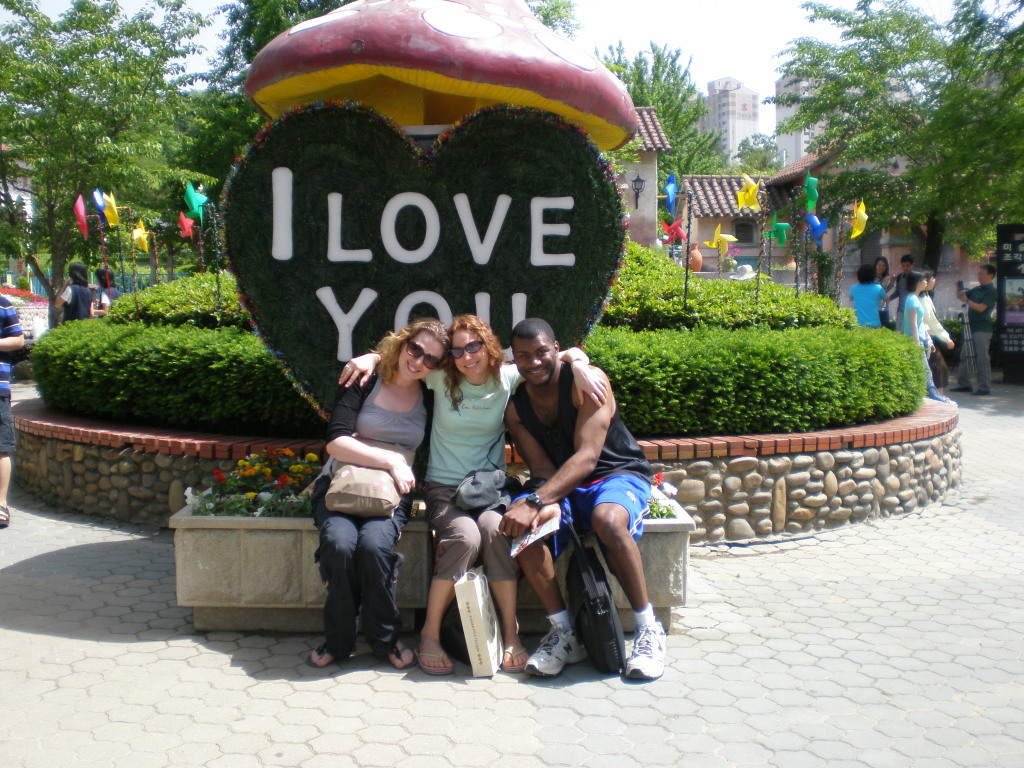Wild geese just aren’t birds flying together in the big blue beyond. Nope, they’re also the nick name for families in South Korea when the mother and children take off for foreign countries, leaving the fathers behind, so that the children can study in an all English school with native English speaking students.
The article in the NY Times reports that every year the number of these families grows. Apparently, it’s getting to be such a problem that it was one of the underlying reasons why the South Korean President has pledged to put a native English teacher in every school. You see, with the mother and children out of the nest the father, known as penguin fathers, are left to fend for themselves bereft of the comforting family bosom. The fathers continue to work and keep the family afloat, but lead a solitary life. Unless they are one of the Eagle fathers, fathers who have the financial means to visit their families regularly.
I think it’s great that these mothers and fathers are willing to sacrifice so much for their children’s education. They know that the traditional Korean educational system can be stifling and suffucating for their little ones and so they are doing what they must to ensure their children have a well rounded education. Of course, you know who is taking the blame for breaking up families and isolating daddy: the mothers. It seems that some people think these mothers are too fanatical in their drive to improve their children’s education and see it as a threat to Korean way of life. As if the kids raised oversees won’t be Korean enough. Well, with mom with them speaking Korean I can’t see how that wouldn’t be enough, right?
What do you think?




I teach two kids who came back to Korea about 6 months ago from England. The kids are being sent back with their mom, not for any high-minded reasons but according to both mom and kids, the kids absolutely hate Korean schools and hagwons. </></>And I can't say I blame them.
Lots of people immigrate to seek a better life, but I don’t think there is such a disconnect between what their stated and actual motivations are, or this obsessive need to justify their actions. For example, for a time 70-80% of Indian engineers left India immediately after graduation, but that was because the tech jobs just weren’t in India. And in my experience they didn’t go around loudly denouncing Pakistan or bragging about how great India was or making a big deal about how they did the morally right thing in leaving India, they just went about their business. Chinese, Filipinos, Mexicans — most immigrants or students from other places whom I met in America or here in Japan didn’t expect credit or approval for their life decisions, they just wanted to be treated civilly and fairly where they were at. Compare that with Koreans, with an example being these Wild Geese families. They don’t just want the economic and social benefits of structuring their lives for their children’s maximum educational advantage. They want credit. They want approval. They want respect and they will lash out with fury and indignation if you suggest what they are doing is unhealthy or weird. I read news articles and you have mothers firmly announcing that God has instructed their families to adopt this inconvenient lifestyle as part of his higher plan to get more Koreans into Ivies, or that they are just doing what Mencius’s mother would have done. I mean, come on. You know, you can be righteous or you can be looking out for number one all the time, but you can’t be both without sounding like a horrible hypocrite. A little more honest self-reflection is all I ask from my peeps. I don’t mean to rant but it’s what bugs me about Koreans in general (including my own family). It’s not that they are bad people, or even not more decent than many. It’s this relentless insistence that they are doing the only thing anybody could possibly do, when in fact they are making highly calculated, even rather contrived, choices in life, that I find difficult to swallow sometimes.
Heller, I got the same feeling from reading the article. Its similar to the brain drain happening in African countries. Hopefully though some of the families who leave will retain a strong enough connection to Korea to bring them back.
As a Korean-American, I don’t think it’s great. But it’s not a Greek tragedy either. I understand why Korean families choose to do this and the benefits for their children that inure, so it is what it is. At the same time, the reality is that a lot of these kids and families aren’t coming back to Korea and are sending a lot of wealth and talent out of the country, so it hurts Korean society to have so many wild geese families. Yes, those people will point a finger at Korean society and say “our society sucks so it’s not our fault, we’re just looking out for ourselves.” And that’s perfectly understandable — unfortunately it isn’t going to move the ball forward much for the country, which if you care about Korea — as Koreans usually loudly profess to do — has to bother you a little even if you can’t fault people too much for looking out for number one.